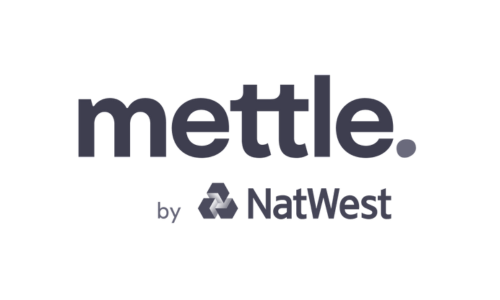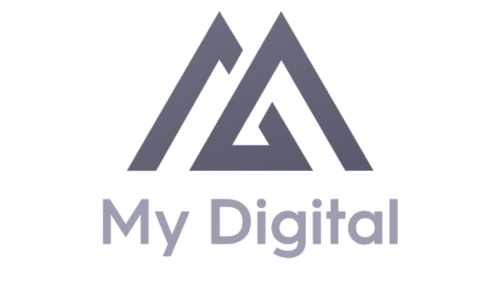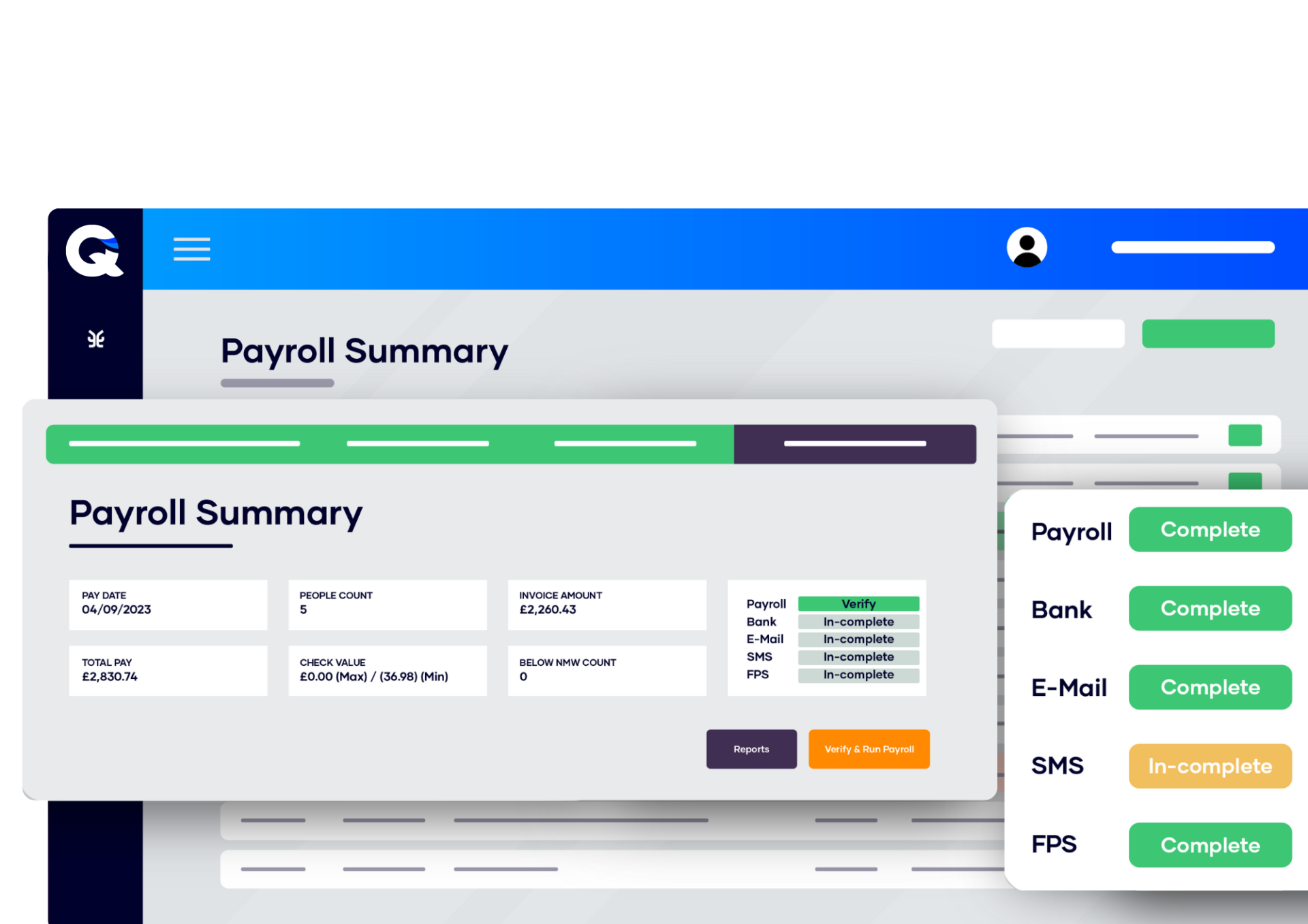The Apprenticeship Levy is a UK government initiative designed to encourage businesses to invest in apprenticeship training. Introduced in April 2017, it applies to employers with an annual payroll of over £3 million, who must contribute 0.5% of their wage bill into a levy fund. This funding can then be used to pay for apprenticeship training and assessment, helping businesses develop skilled workers while addressing industry-wide skills gaps.
For businesses that do not meet the payroll threshold, government funding is available to support apprenticeship training, making apprenticeships an accessible option for companies of all sizes.
Who pays the apprenticeship levy?
The levy applies to all UK employers across all sectors, including public and private organisations. However, only those with a payroll exceeding £3 million per year are required to pay. Employers receive an annual £15,000 allowance, which is deducted from their total levy bill.
For example, a business with a £5 million payroll would pay:
- 0.5% of £5 million = £25,000
- Minus £15,000 allowance = £10,000 levy payment
This amount is held in a digital account via the Apprenticeship Service, where businesses can access and use their funds for training.

How does the apprenticeship levy work?
Employers paying the levy must register for an Apprenticeship Service account, where their levy funds are allocated. The government adds a 10% top-up to the funds, meaning businesses get more out than they put in.
Levy funds expire after 24 months if unused, encouraging businesses to take full advantage of the scheme. Companies can use the funds to cover the training and assessment costs of apprentices, but not wages or associated costs like travel or equipment.
For non-levy-paying employers (those with a payroll below £3 million), the government covers 95% of apprenticeship training costs, with the employer contributing 5%. For businesses with fewer than 50 employees, this 5% contribution is waived if they take on an apprentice aged 16–18.
How recruitment agencies and businesses can benefit
The levy is an opportunity for recruitment agencies and businesses to invest in staff training and workforce development. Agencies can:
- Use the levy to train apprentices internally, helping to develop new talent.
- Help businesses navigate skills shortages by advising on apprenticeships as an alternative hiring route.
- Support clients in accessing and using their levy funds, positioning themselves as a strategic workforce partner.
Additionally, with employer NICs rising from April 2025, apprenticeships can provide a cost-effective way to bring in new talent while benefiting from reduced National Insurance contributions for under-25s.
Umbrella companies and the apprenticeship levy
Due to the nature of their business, many umbrella companies, such as QPS, operate with payrolls exceeding £3 million, meaning they are subject to the apprenticeship levy.
Since umbrella companies are the legal employers of the contractors they payroll, they must pay all relevant employment taxes, including the 0.5% apprenticeship levy contribution.
It’s important to note that whilst umbrella workers may see the apprenticeship levy listed on their payslips, it is not a deduction from their personal earnings but rather deducted before your gross personal income is calculated.
If you’re an umbrella worker and have questions about how the apprenticeship levy affects you, QPS can help. Our team is on hand to provide transparent, expert guidance on payroll, tax, and compliance.
Conclusion
The Apprenticeship Levy is a valuable tool for businesses looking to upskill employees and invest in the future workforce. Whether you’re a levy-paying employer or a smaller business benefiting from government support, apprenticeships offer a cost-effective and structured route to training and development.
For umbrella workers, the levy is simply a business tax paid by umbrella companies and does not affect take-home pay.
If you’re unsure how to make the most of the levy or have questions about umbrella employment, QPS is here to help. We work with recruitment agencies, businesses, and contractors to navigate payroll, compliance, and funding schemes like the apprenticeship levy—ensuring you maximise every opportunity.






